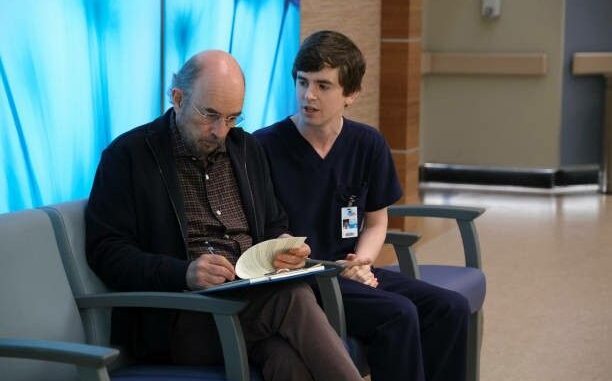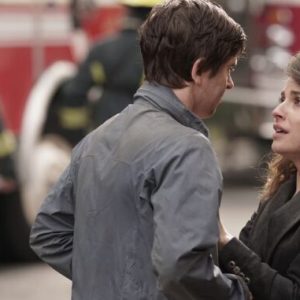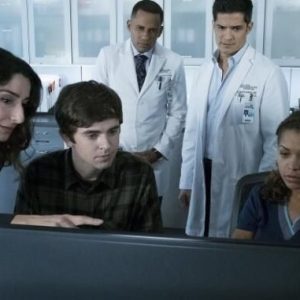He’s the steady hand behind Shaun Murphy’s success. The voice of reason when chaos takes over. For seasons, Dr. Aaron Glassman has been The Good Doctor’s emotional backbone — the wise mentor who seemed invincible. But in one unforgettable moment, the mask cracked. And what lay underneath wasn’t weakness. It was truth.
When Dr. Glassman finally broke down, fans didn’t just witness another dramatic twist. We saw something far more meaningful: a powerful reminder that even the strongest people carry invisible weight — and sometimes, even they need saving.
The Ripple Effect on Shaun
Glassman’s breakdown didn’t just affect him — it sent waves through Shaun’s life. Their relationship has always been layered, more father-son than doctor-colleague. Shaun leans on Glassman for everything from life advice to emotional interpretation. But for the first time, the roles flipped.
Shaun, who often struggles with emotional nuance, was suddenly faced with a reality he didn’t know how to process: his hero was hurting. Deeply.
What followed was one of the show’s most moving developments — Shaun learning to support someone else. It wasn’t perfect. There were missteps and misunderstandings. But in helping Glassman, Shaun began to grow into his own kind of emotional resilience. Not because he was taught — but because he chose to care.

Mental Health Isn’t a Side Story — It’s the Story
One of the reasons this moment resonated so deeply is that The Good Doctor didn’t treat it like a subplot. Glassman’s mental health became a central theme, and not in a “let’s fix it in 45 minutes” kind of way. His grief, depression, and isolation were shown to linger, to affect his decisions, his relationships, and his sense of purpose.
Too often, TV depictions of mental health feel like checkboxes: one episode about anxiety, one about depression, then back to the main plot. But with Glassman, it felt lived-in. Ongoing. Like real life.
By giving space to his pain, the show made a bold statement: mental health is just as important as physical health — especially for those who are always taking care of others.
A Moment That Changed the Narrative
After Glassman’s collapse, something shifted — not just in his character, but in the show’s emotional tone. Vulnerability became more accepted. Conversations became more open. Shaun, Park, Morgan, and even Lim began showing more emotional complexity.
It was as if the writers said, “You’ve seen what holding it all in does. Now let’s explore what healing can look like.”
Glassman’s rawness gave permission — to other characters and to the audience — to admit when they’re struggling. To talk. To reach out.

What We Learned from Watching Him Break
Dr. Glassman’s breakdown wasn’t the end of his strength. It was the beginning of a different kind of strength — one built on honesty, humility, and human connection.
He taught us that being the strong one doesn’t mean you never fall apart. It means you’ve probably been carrying more than anyone knows. And that’s why his collapse hit so hard — because in him, many of us saw ourselves.
He wasn’t just a fictional mentor losing control. He was a symbol of what happens when we ignore our own needs for too long. And he was a reminder that it’s never too late to ask for help.





